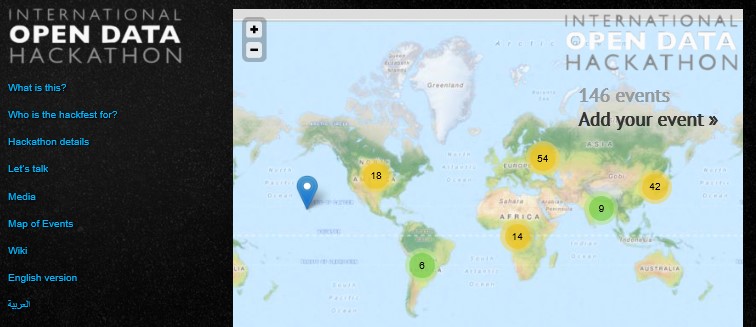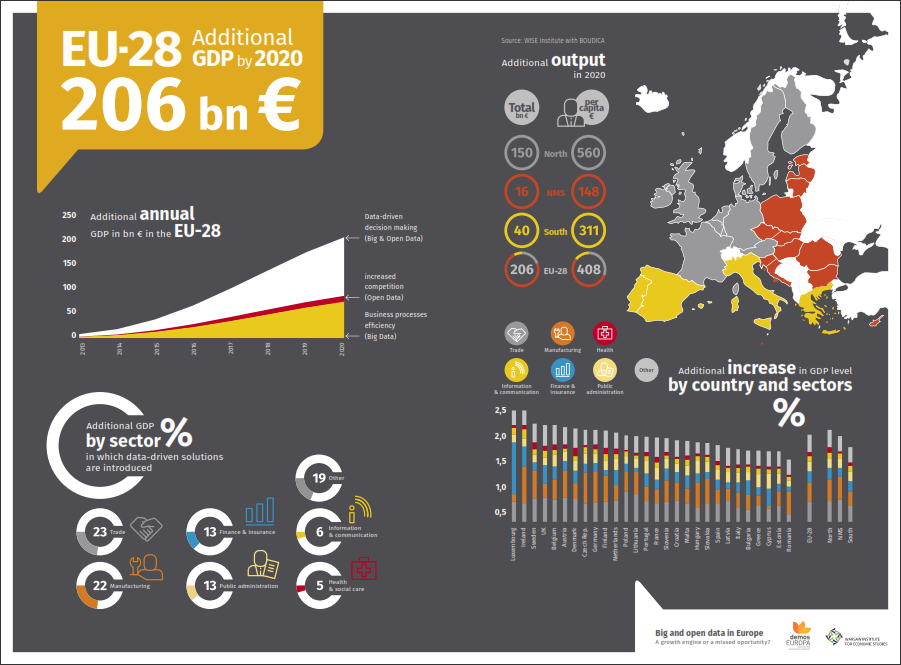International Open Data Day Supports Government Transparency and Local Economic Growth
Posted by Tara Grumm
Senior Manager, Worldwide Marketing and Operations
Citizens around the world are gathering for International Open Data Day to encourage government transparency and adoption of open data policies. The events welcome anyone with a passion to make their cities better, from developers to government officials and librarians, working side-by-side on real projects.
The Make Web Not War (MWNW) team is converging in Toronto, with more than 300 public servants, community activists, and technology professionals, at Open Data Day Canada. MWNW is a community-driven open source and open government initiative supported by Microsoft that believes technology can help close the gap between citizens and the municipal and provincial agencies that serve them.
Events like Open Data Day Canada have the potential to produce not only helpful apps (such as those used for cycling and transportation) but also infographics, maps and other evidence-driven illustrations that can help the public understand its government better.
“It’s tremendous – you can really interact with people and the industry here,” said Keith Loo, Strategy Lead for Microsoft’s Openness team in Canada. “Our role here is to empower interaction and be seen as community-driven partners. It’s a perfect match of everybody getting together … We’re also going to nurture people coming up with ideas, to help them build an ecosystem – ensuring any outcomes, not just apps, turn into something real.”
In addition to improving government transparency and services, open data has the potential to spark local economic growth.
Presented last month at a European Parliament event in Brussels, a new report "Big and Open Data in Europe: A growth engine or missed opportunity?" analyzed the opportunities that big and open data can provide for improving efficiencies, driving innovation and spurring growth within the EU28. The study concluded that the implementation of open data policies would have significant growth implications for Europe, leading to an estimated increase in GDP of €206 billion—or 1.9% of GDP—by 2020.
"Europe can enjoy massive benefits for increased innovation and growth by embracing big and open data,” said Maciej Bukowski, President of the Warsaw Institute for Economic Studies and report co-author. “The challenge is to incorporate big and open data into a broader reform agenda for Europe - one that reflects post-crisis economic realities, and fuels new engines for economic growth for the future."
Not surprising, cities across the globe are looking at how they can harness the potential of big and open data as part of International Open Data Day. The event in Toroto is the tip of the iceberg. Check out the MS Open Tech blog to find a local event or kick-the-tires on an open data project with a step-by-step tutorial coutesy of MS Open Tech’s Brian Benz.

